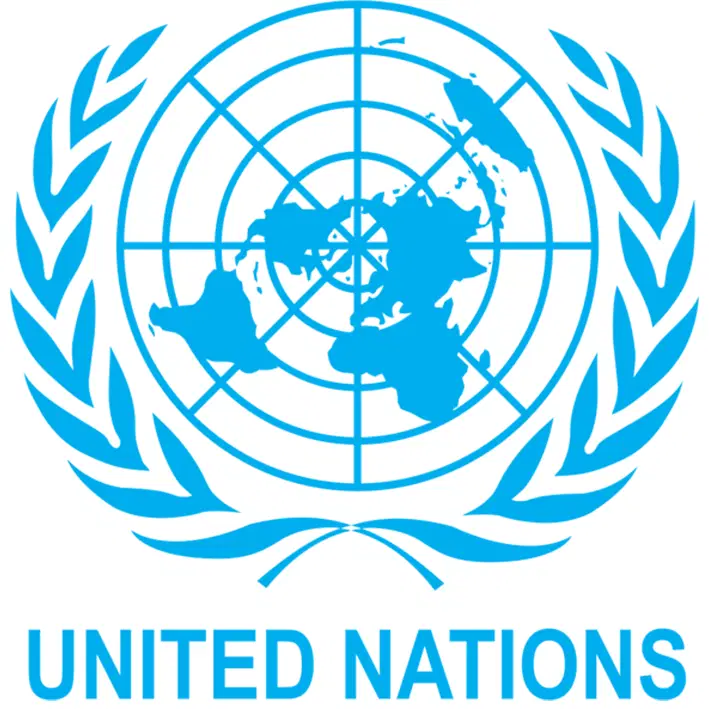UN member states have approved the first-ever treaty aimed at combating cybercrime, despite strong objections from human rights advocates who warn of potential risks to privacy and freedom.
Following three years of negotiations and a final two-week session in New York, the United Nations Convention Against Cybercrime was adopted by consensus and will now proceed to the General Assembly for formal adoption.
Algerian diplomat Faouzia Boumaiza Mebarki, chair of the treaty drafting committee, declared the document adopted to applause, marking a significant milestone in global cyber regulation.
The treaty, which will come into force once ratified by 40 member nations, aims to enhance international cooperation in combating cybercrime, particularly in areas such as child sexual abuse imagery and money laundering. South Africa’s delegate praised the treaty as a “landmark convention,” noting its provisions for technical assistance and capacity-building for countries with less developed cyber infrastructures.
However, the treaty has sparked controversy, with critics—including human rights activists and tech companies—arguing that its broad scope could lead to global surveillance and repression. The treaty allows states to request electronic evidence from other nations and internet service providers for crimes punishable by a minimum of four years’ imprisonment under domestic law.
Deborah Brown of Human Rights Watch expressed deep concern, calling the treaty an “unprecedented multilateral tool for surveillance” and a “disaster for human rights.” She warned that it could be used to target journalists, activists, LGBT individuals, and free thinkers across borders.
